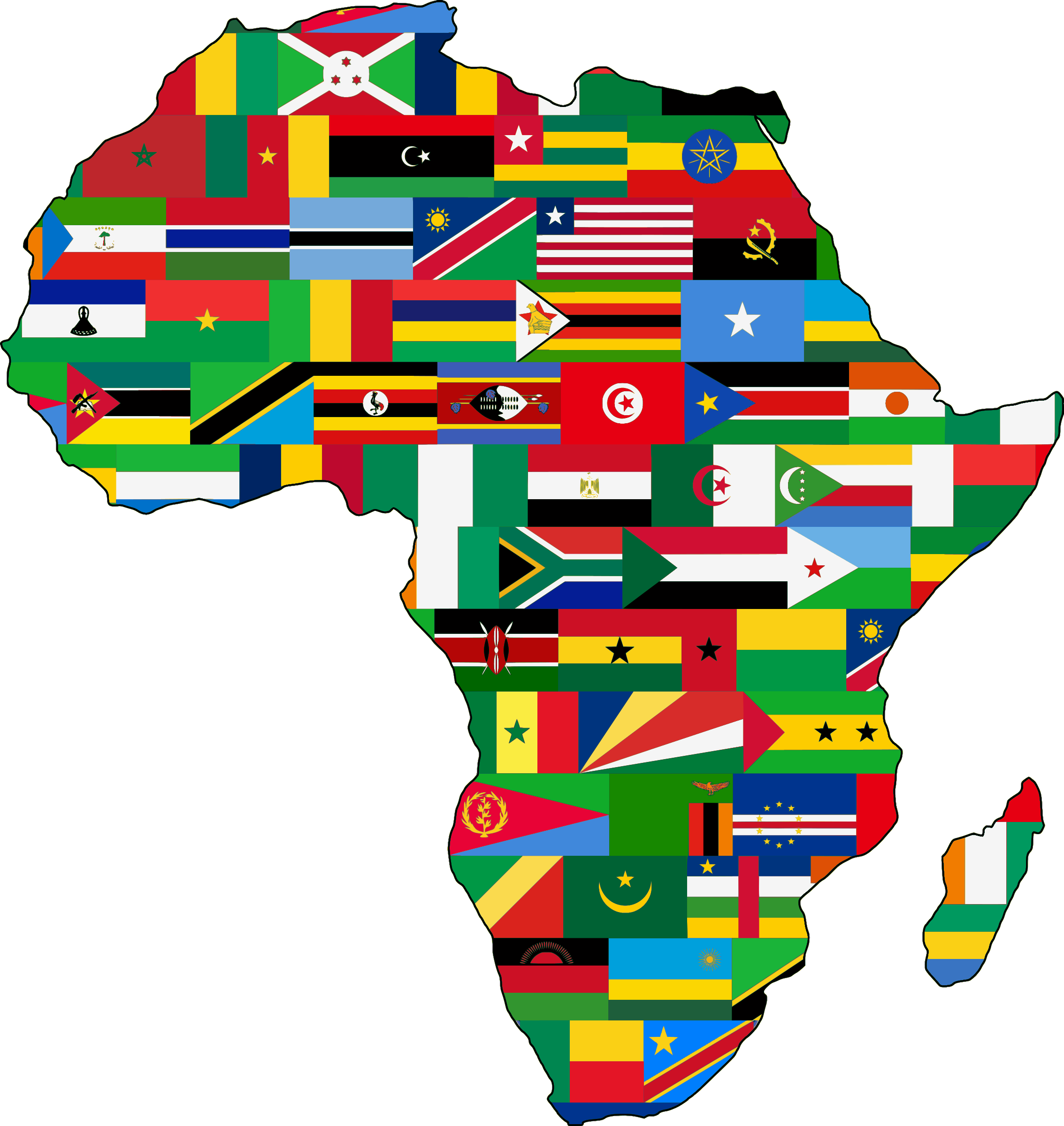
In many parts of Africa, the struggle to make ends meet is an everyday reality. The economic disparities across the continent are stark, with some countries experiencing alarmingly low average salaries. Here, we explore the seven African countries where workers earn the least, delving into the figures and the broader socio-economic context.
1. Sudan: $5
Sudan tops the list with the lowest average salary of just $5. The economic crisis in the country has been exacerbated by years of political instability, conflict, and sanctions. Inflation has skyrocketed, eroding the purchasing power of the Sudanese people.
Despite recent efforts to stabilize the economy, the average citizen still faces immense financial hardship.
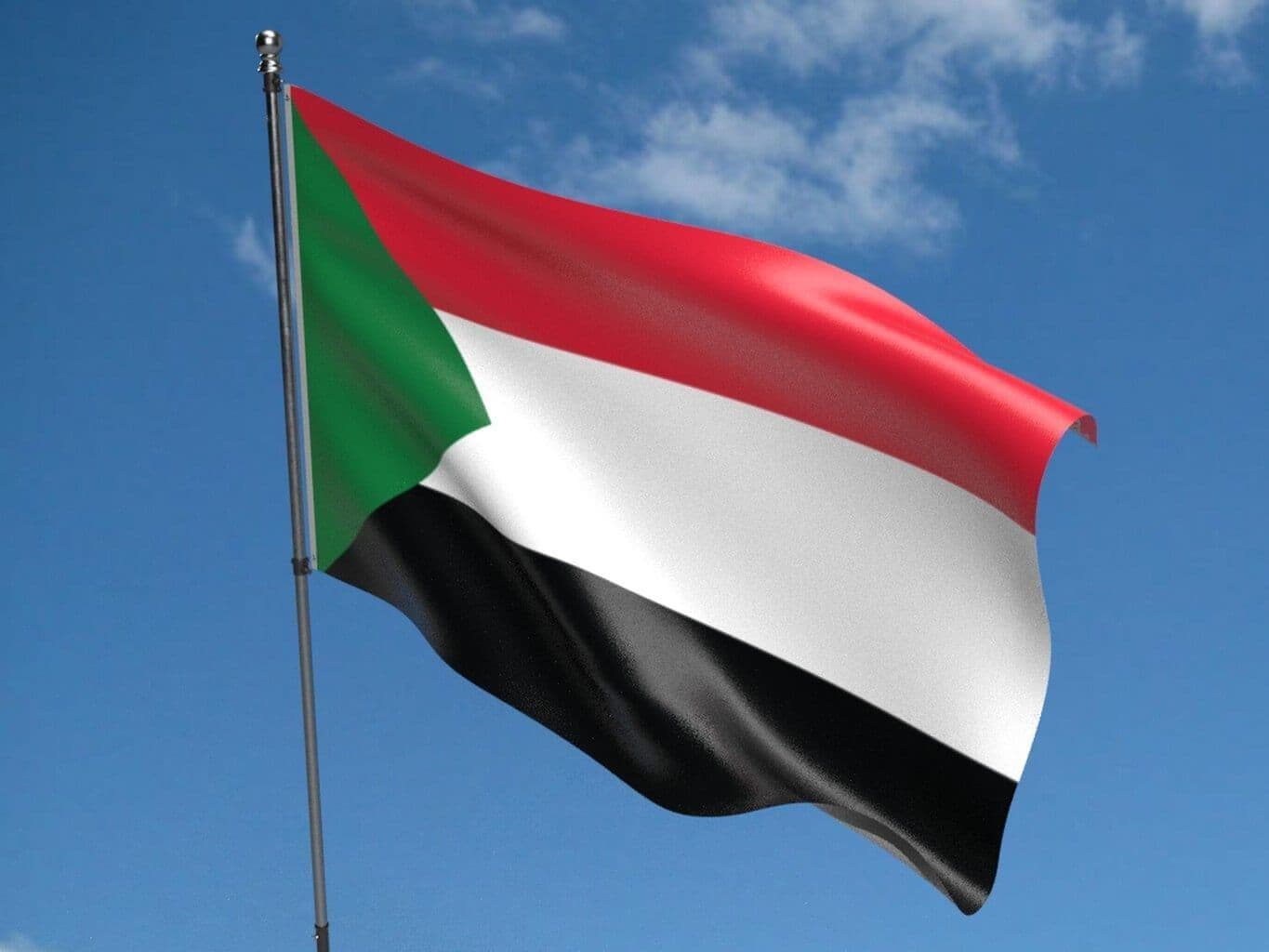
2. Burundi: $17
Burundi follows with an average salary of $17. This small East African nation has been grappling with severe poverty and underdevelopment. The majority of the population relies on subsistence agriculture, with limited opportunities for higher-paying jobs.
The ongoing political turmoil has also hindered economic progress, leaving many Burundians struggling to survive on meagre incomes.

3. The Gambia: $23
The Gambia, known for its tourism industry, has an average salary of $23. While tourism provides some economic relief, it is seasonal and insufficient to support the entire economy. Many Gambians work in low-wage jobs in agriculture and informal sectors, where wages remain stagnant and inadequate to meet the cost of living.
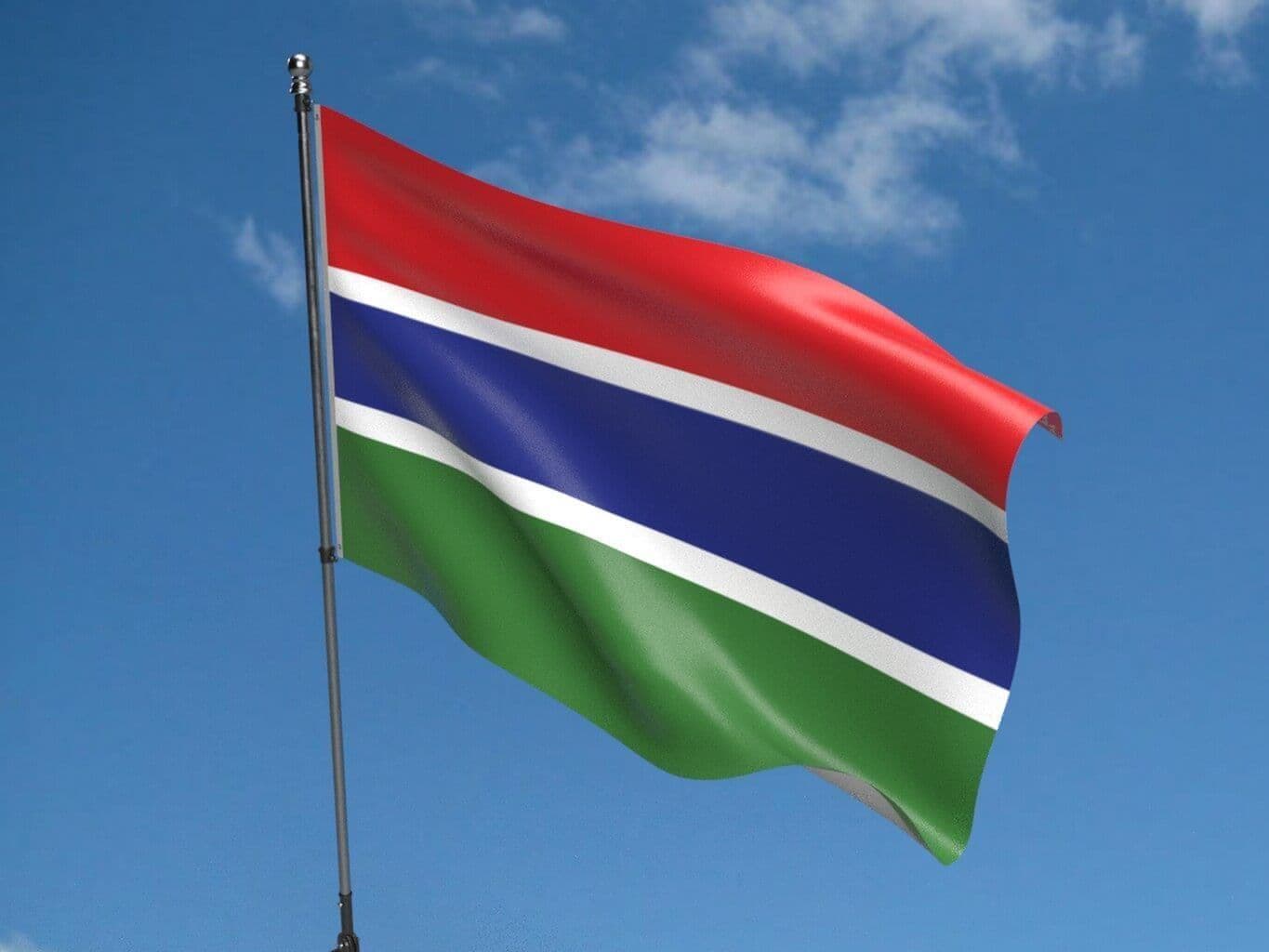
4. Eritrea: $24
In Eritrea, the average salary stands at $24. The country’s strict government control over the economy, coupled with limited opportunities for private enterprise, has stunted economic growth. Many Eritreans depend on remittances from relatives abroad to supplement their incomes, highlighting the dire economic conditions within the country.
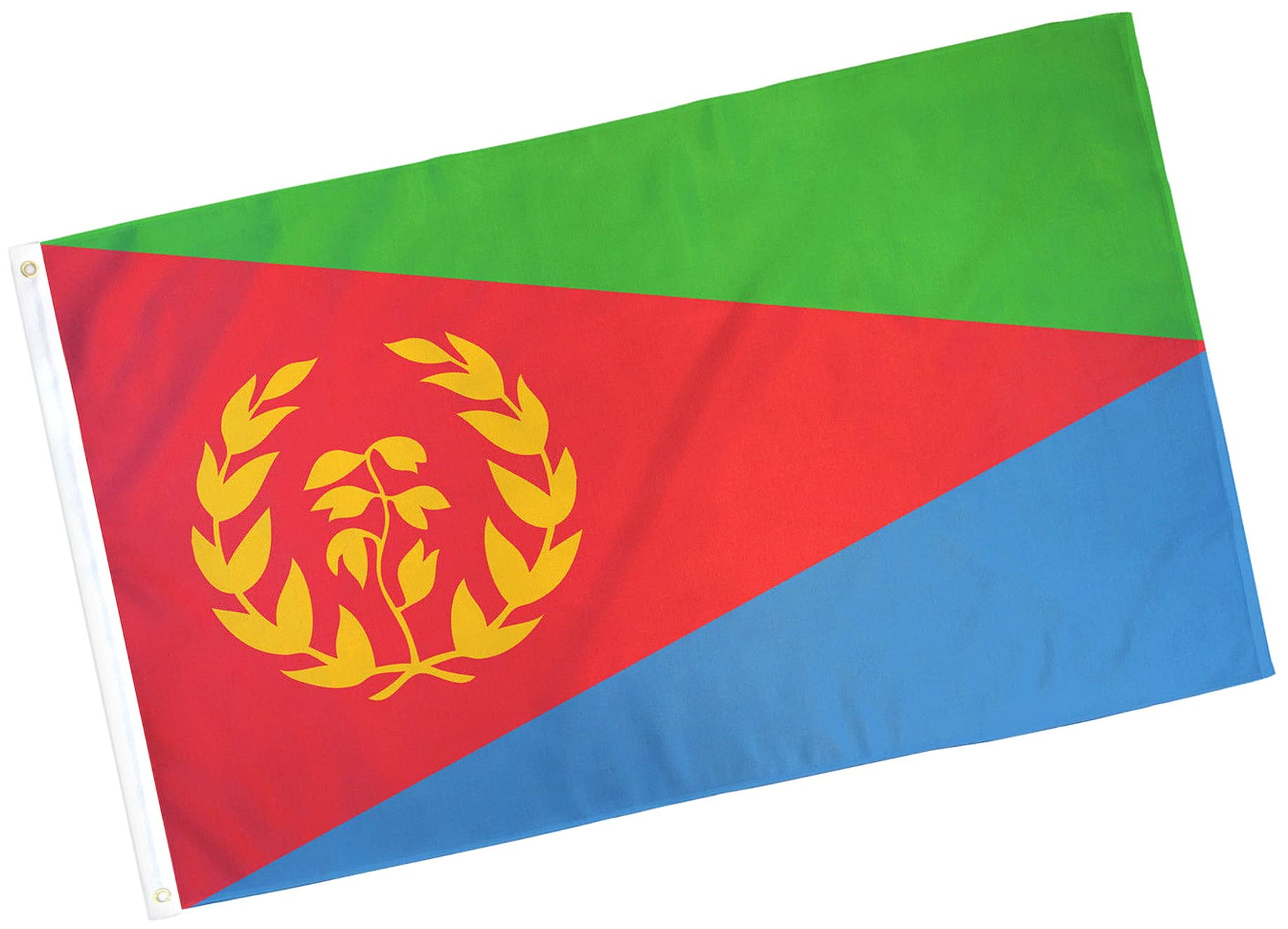
5. Ghana: $38
Ghana, often lauded for its relative political stability and economic growth, still faces challenges with wage disparities. The average salary in Ghana is $38, with many workers employed in low-paying agricultural and informal sector jobs. Despite progress in some areas, a significant portion of the population remains economically vulnerable.
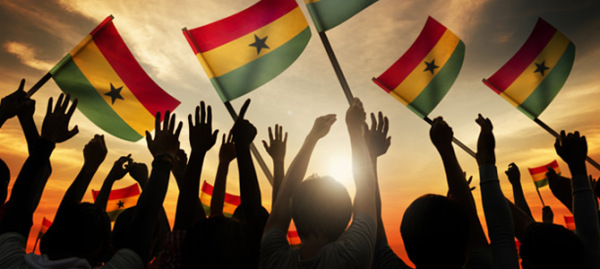
6. Sierra Leone: $38.15
Sierra Leone’s average salary of $38.15 reflects the ongoing recovery from a devastating civil war and the Ebola outbreak. The country has made strides in rebuilding its economy, but widespread poverty and unemployment continue to suppress wages. Many Sierra Leoneans work in precarious conditions with minimal financial security.
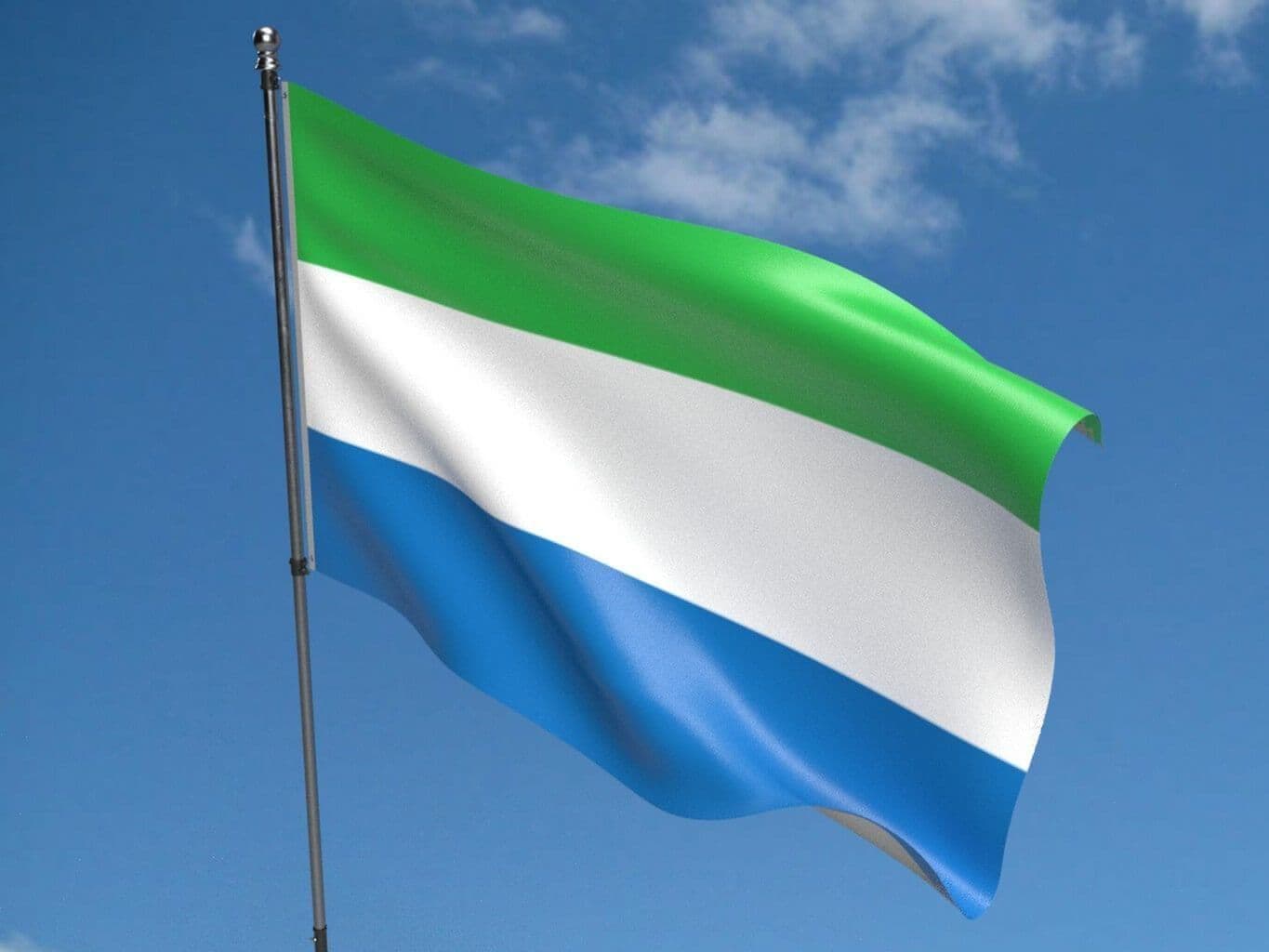
7. Nigeria: $43
Nigeria, Africa’s most populous country, has an average salary of $43. Despite being rich in natural resources, especially oil, the wealth distribution is highly uneven.
The majority of Nigerians work in low-paying jobs, particularly in the informal sector, where wages are not regulated and often insufficient to cover basic needs.
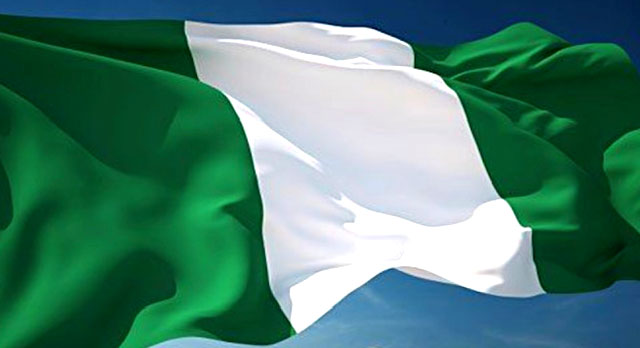
The economic challenges faced by these seven African countries highlight the urgent need for policies that promote job creation, fair salaries, and economic stability.
Addressing these issues is crucial for improving the living standards of millions of Africans who currently struggle to make ends meet.
Sustainable development, investment in education and skills training, and political stability are key factors that can help lift these nations out of poverty and create a more equitable future.


